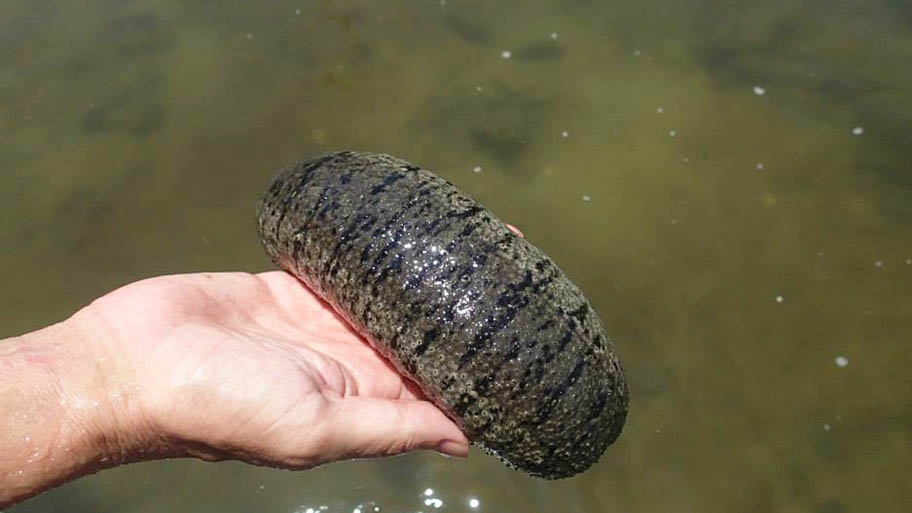Ask an Ocean Expert is an ongoing series where MSC staff answer your questions about marine life.
Would you eat a sea cucumber?
Why do people eat sea cucumbers?
Answered by MSC Commercial Manager UK & Ireland, Seth McCurry
Lauded for their medical and health benefits, sea cucumbers have been a delicacy in China since the Ming Dynasty. Bioactive compounds produced by sea cucumbers have been used in traditional Chinese medicine to treat a number of ailments including arthritis and cancer, and there is ongoing research on a number of nutraceutical and pharmaceutical application of these compounds around the world.
However, the majority of sea cucumber is harvested for human consumption. Like abalone, shark fin, fish maw and bird’s nest soup, sea cucumber is a delicacy that has been a symbol of affluence and luxury, typically reserved for special occasions like weddings, banquets, and Chinese New Year celebrations. They are highly nutritious, being low in both calories and fat but rich in protein and antioxidants.
Despite this, the sea cucumber is one of the most unassuming and often overlooked of marine species. With no eyes and no brain, it rarely captures the hearts and minds of humans. However, this primitive echinoderm, which is most closely related to the starfish and sea urchin, plays a vital biological role in marine ecosystems by recycling nutrients; helping to ‘clean’ the ocean.
There is only one sea cucumber fishery in the world, which is certified as sustainable to the MSC Fishery Standard. The Western Australia Sea Cucumber Fishery achieved MSC certification in 2019 and hand-harvest sea cucumbers in remote and pristine waters. Use of this catch method, means the fishery has very few interactions with the ocean floor and none with threatened or endangered species.
Sustainable management of wild sea cucumber fisheries, such as that demonstrated by the Western Australian Sea Cucumber fishery, is critical to meet the increasing demand for sea cucumber.

Ask a question
Do you have a ocean question? The more unusual the better.
Our experts want to hear from you, whether you're at school, a parent or someone interested in the oceans. Submit your questions to socialmedia@msc.org to feature in a future “Ask an ocean expert” article.
To comply with General Data Protection Regulation (GDPR), names will not be featured within the article – only your question.
Ask an Ocean Expert Q & A
Ask an Ocean Expert is an ongoing series where MSC staff answer your questions about marine life. The weirder the better.


